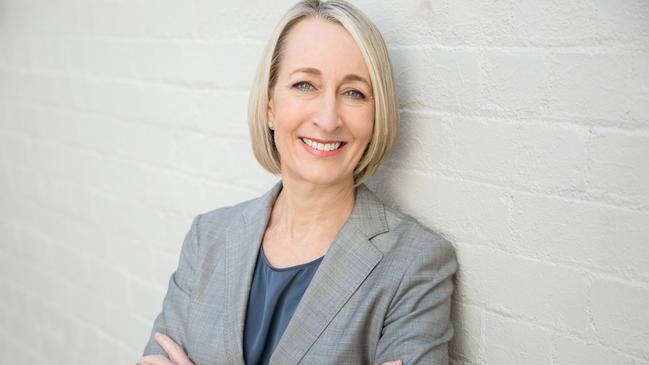The Covid legacy: the burnt out bosses
Leaders are proving vulnerable to mental ill health after the pandemic.

Burnout cuts across ages and job levels, but companies are often focused on staff members rather than managers or CEOs. But the Covid-19 pandemic has had a significant impact on the mental health of those at the top, according to Lyndal Hughes (pictured) who runs the Q5 consulting firm.
Hughes says the return to the “new normal” in which many leaders are back in the office either full-time or in a hybrid model is revealing that many are working longer than ever and are more susceptible to burnout.
She says the working days of many CEOs and other executives increased during lockdown and working from home, in part because global connections were easier at unusual hours.
The working day was manageable because leaders could carve out a couple of hours to spend with family or for other tasks and then return to their laptop at night.
“These are people who have worked long hours anyway,” Hughes says. “But there was something about, oh, I’m home. I’ll take that extra call, I’ll do that extra thing at either the beginning or the end of the day. What I’m hearing now is that they’re back in the workplace or doing hybrid. The day hasn’t shortened, but they’re now back in the office. They were able to manage it when at home. They were able to carve out a couple of hours in the middle of the day to do something or they could carve out half an hour when the kids finished school and so that gave the balance. That’s gone now.”
There’s a similar patterns for more junior people, with all workers operating under what they see as a change in the employers’ expectations.
“And it’s very hard to change an expectation,” she says. “It’s like, well, that’s what I do now. And it’ll look like there’s something wrong with me if I don’t keep doing that.”
She suggests many bosses have added at least two hours to already long working days. Burnout symptoms included doing too much and intervening in too many areas as a way of feeling more secure.
“It’s a pattern of behaviour that’s potentially come out of Covid where there were some critical, unpredictable decisions that had to be made,” Hughes says. “So of course, (leaders) were involved in more meetings and more decisions. Now it’s about pulling back and saying, you know what, I need to be strategic, I need to make sure that level below me is strong enough when I’m not there.”
Hughes says her recent meetings with company chiefs revealed an “astonishing” dissatisfaction with their own jobs and careers: “I’m actually not exaggerating … every single person I sat down with, and these were the Australian leads for international businesses, the Australian managing directors, every one of them was talking about what they’re going to do next.”
In effect, the Great Resignation is now apparent at the top level of companies, she says: “A lot of (senior people) aren’t going to come back into corporate. So they just drain out of the senior levels for running complex businesses.”




To join the conversation, please log in. Don't have an account? Register
Join the conversation, you are commenting as Logout